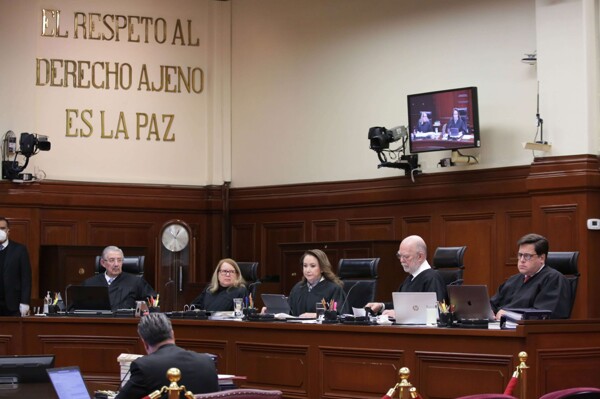
Pemex, the Mexican state oil company, closed the presidency of López Obrador with the same dynamics that characterized most of his term. In the third quarter of 2024, the company reported losses totaling 79.134 billion pesos, equivalent to about 879 million pesos daily. Despite being a lower figure compared to the 251 billion loss of the previous semester, Pemex continues to operate with a deficit business model.
The viability of the company is compromised by persistent red numbers, despite changes in its legal status. Although it will soon be established in the Constitution that it is not a productive state enterprise, but a public company, the losses remain concerning. The main cause of the negative numbers comes from its subsidiary Pemex Transformación Industrial (PTI), which accumulated losses of 482 billion pesos in the first nine months of the year, especially due to its refining division.
The economic challenge of achieving energy self-sufficiency has led to difficulties in fuel production, resulting in the import of 58% of the gasoline consumed in the country. This, along with the losses from the refinery, contributes to the financial crisis of the oil company. Additionally, Pemex's high short-term debt, which reaches 18.172 billion dollars at the end of the third quarter, puts pressure on its finances.
Pemex's unsustainable financial situation poses a monumental challenge, especially in a complex economic scenario. The company faces the challenge of increasing its revenues in a resource-scarce environment, which could translate into the need for new transfers from the public sector to maintain its operations. Pemex's suppliers are also affected, as the company's debt to them amounts to 402.874 billion pesos.
The Mexican government inherited a crisis-ridden oil company, which could become a burden on public finances. Measures are likely to be implemented to try to rescue Pemex, such as a possible financial operation to alleviate its short-term debt. However, the magnitude of the problem suggests that these actions may prove insufficient and come too late, posing a significant challenge for financial markets and the federal government.













